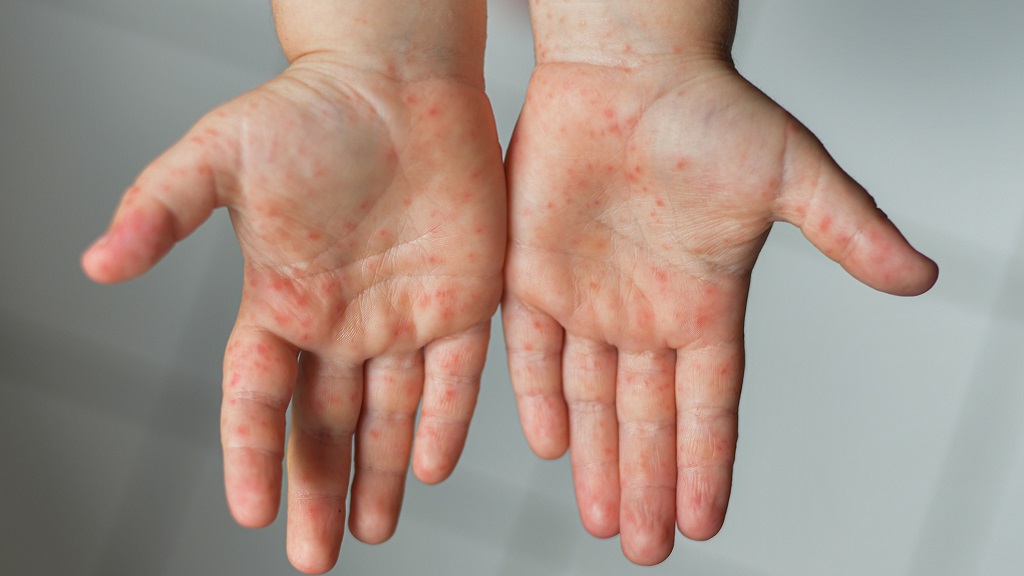Hand, foot and mouth disease in Westmoreland | Loop Jamaica - Loop News Jamaica

With 12 cases of hand, foot and mouth disease identified in eight communities in Westmoreland, the health department for that parish is appealing to school administrators and parents to be on the lookout for symptoms of the highly contagious disease among children.
The Westmoreland Health Department has assured that there is no outbreak of the disease in the parish but said the 12 cases were identified over the past two months.
Cases of hand, foot and mouth disease were detected in Seaton Crescent, Farm Pen, Chantilly, Hudson Street, Meylers Avenue, and Top Road in Little London, and Georges Plain and Shrewsbury in Petersfield.
The affected individuals were diagnosed at health centres across the parish.
Parish Health Promotion and Education Officer, Gerald Miller, explained that the illness is common in infants and children under five years old, but can also be transmitted to older children and adults.
Miller noted that the disease spreads easily in childcare facilities due to frequent diaper changes and because young children often put their hands in their mouths.
He said, too, that the health department has placed educational institutions on alert.
"We have been very proactive in alerting our parents, educational institutions and the principals and the development officers who work with the Early Childhood Commission to let them be aware of the presence of hand, foot and mouth [disease] in the parish…and we want our parents, guardians and teachers to be on the lookout," he said.
Initial signs of the disease include fever, poor appetite, sore throat, and a feeling of malaise.
These symptoms generally last for one to two days before a blister-like rash appears on the hands, feet and inside the mouth.
The rash initially emerges as small red spots, but then develops into blisters. The blisters may develop on the gums, inner cheeks, and tongue, and patients may complain of mouth pain and a sore throat.
Young children tend to drool and avoid swallowing and may refuse to drink or eat because of the discomfort.
Miller further explained that measures used to reduce the spread of hand, foot and mouth disease include the frequent washing of hands by both parents and children.
"The prevention methods are similar to what would have been practised to prevent the spread of the coronavirus. [These include] washing of hands with soap and water after using the toilet, after changing a diaper, before eating and preparing meals, and after handling a sick person, and avoid touching your eyes, nose and mouth with unwashed hands," he outlined.
Miller also advised that children with symptoms of the disease should be sent home immediately and should remain out of school for seven days.
He is encouraging early childhood school administrators to clean and disinfect toys and high-touch areas regularly.
Meanwhile, the education officer also said that several cases of scabies have been detected in Westmoreland. He is urging parents and schools to be vigilant, as the skin disease is found mostly among children and is spread through close personal contact.
Scabies is an infestation caused by tiny mites, called Sarcoptes scabiei, which settle in the outer layers of human skin then burrow and lay eggs inside the skin. It usually causes itching.
Comments
Post a Comment